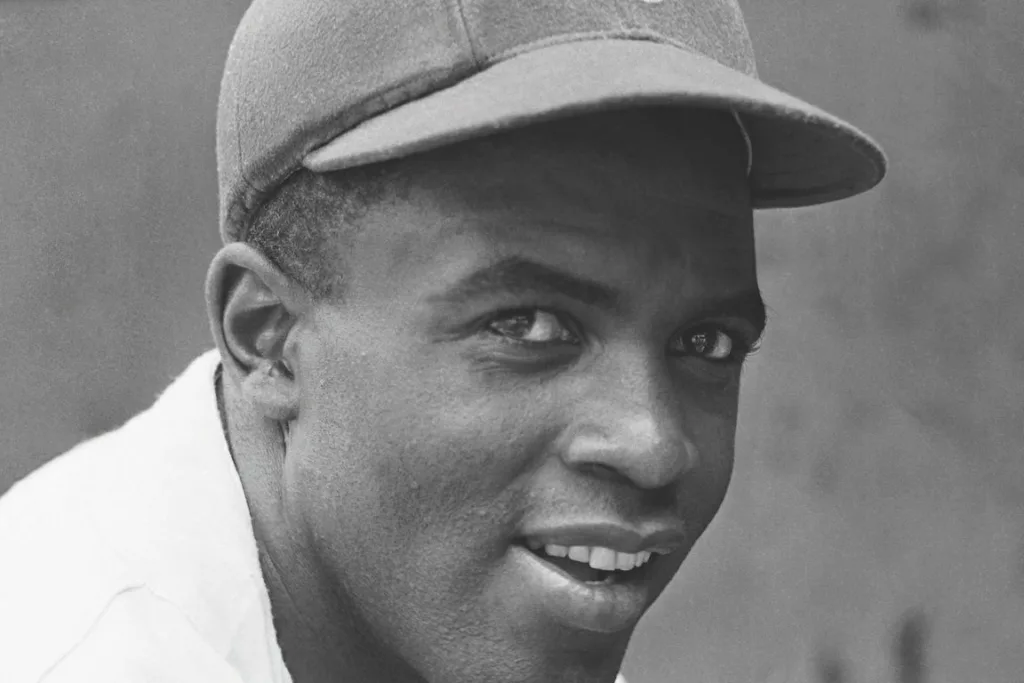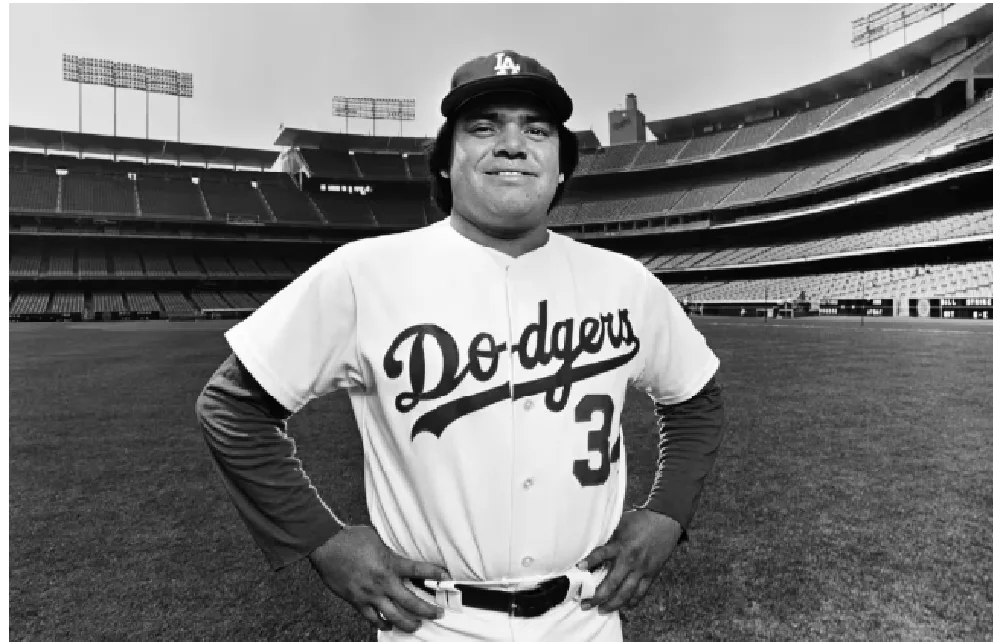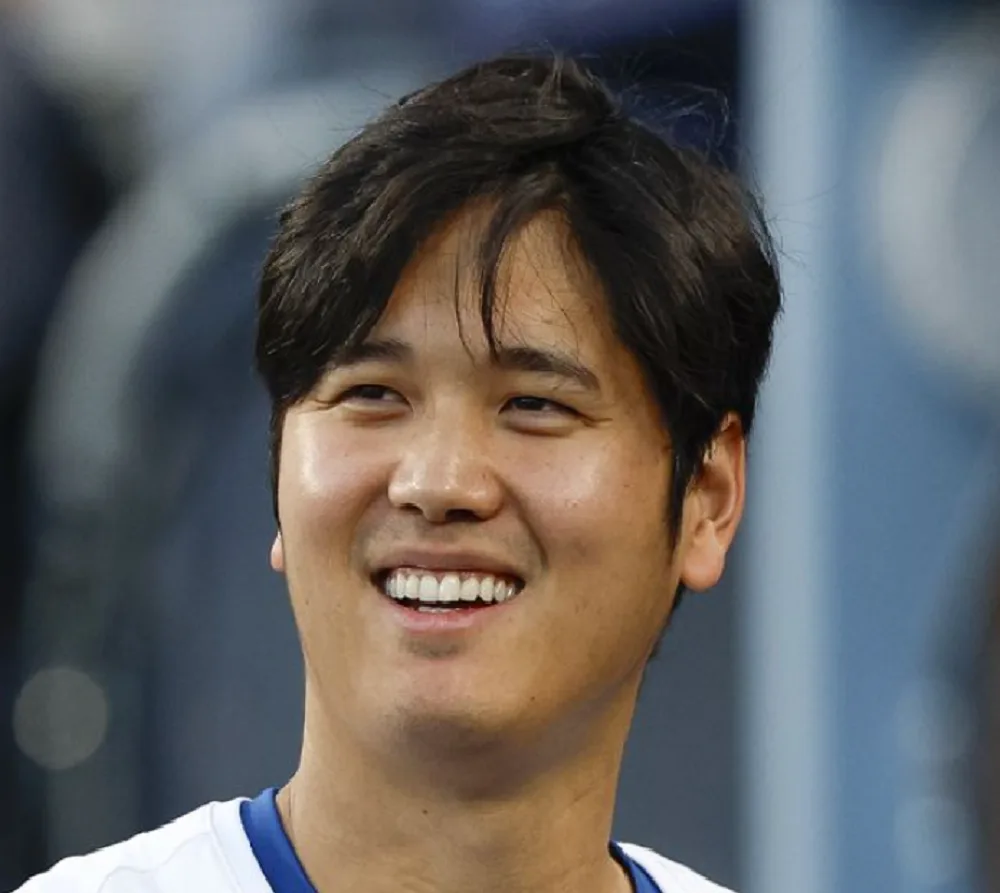The Los Angeles Dodgers organization boasts a long and powerful history of breaking barriers and championing diversity. Across three distinct eras, three iconic stars, Jackie Robinson, Fernando Valenzuela, and Shohei Ohtani have represented pivotal moments in how immigration and racial integration have fundamentally changed the game of baseball and American culture.

In 1947, Jackie Robinson, playing for the Dodgers, accomplished one of the most significant feats in sports history: breaking the color barrier in Major League Baseball (MLB). This act immediately ended decades of racial segregation that had confined Black players to the Negro Leagues.

More than just a win for civil rights, Robinson’s courage and on-field success fundamentally challenged racial norms in American society. His historic step didn’t just open the door for African American players; it laid the essential foundation for future generations of non-white players from around the world to enter the major leagues, making it a foundational moment for diversity in baseball.
Valenzuela’s star power was a transformative force for the fanbase. His success helped to heal a long-standing rift between the Dodgers organization and the displaced Mexican American community of Chavez Ravine (where Dodger Stadium was built). He turned the stadium into a powerful place of pride and celebration for a community that had often felt marginalized. By becoming the first great Mexican star, Valenzuela inspired a new wave of players from Mexico and other Latin American countries, dramatically increasing the sport’s visibility and popularity in those regions.

Today, Japanese-born Shohei Ohtani, the elite two-way superstar, represents the full globalization of baseball. His unprecedented combination of elite pitching and hitting has made him an immediate global icon. Ohtani’s signing with the Dodgers amplified his already massive reach, elevating the MLB’s international brand.
Ohtani’s record-breaking success has significantly expanded baseball’s profile in Japan and across Asia. His presence drives immense international media coverage, merchandise sales, and viewership, fundamentally increasing baseball’s status as a multinational brand. Ohtani, alongside other high-profile international players, demonstrates that the absolute pinnacle of baseball talent can be found anywhere in the world, solidifying the trend toward a truly global player pool.

In summary, the contributions of these three Dodgers stars separated by generations have been indispensable to the game’s evolution: Robinson forced open the doors of professional baseball to all non-white players. Valenzuela transformed the demographic of the fanbase and empowered the Latin American presence in the sport. Ohtani has cemented baseball as a truly global game, uniting fans and talent from every corner of the world.
